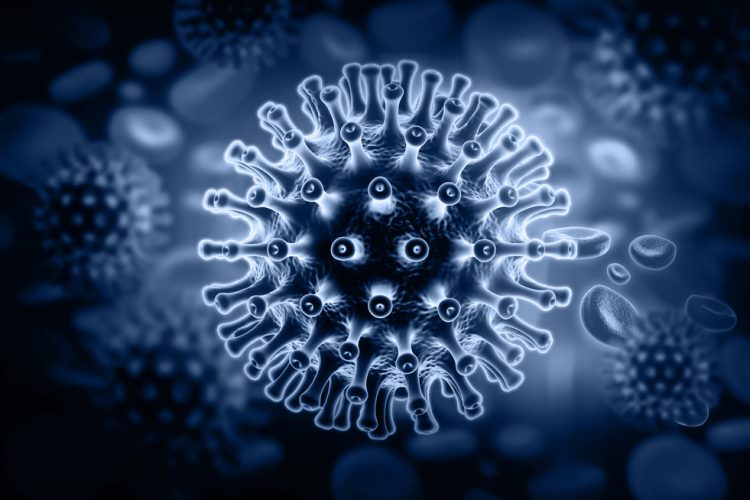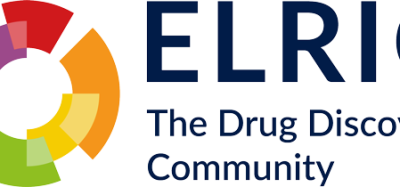‘Reverse vaccinology’ used to create novel HIV treatment
Posted: 24 July 2019 | Victoria Rees (Drug Target Review) | No comments yet
Researchers have developed a new HIV vaccine which has shown success in monkeys in pre-clinical trial studies.


A new study has developed a novel vaccine using ‘reverse vaccinology’ to treat HIV in monkeys. The vaccine was found to induce antibodies similar to those associated with protection from the disease.
The study was conducted by researchers from the Icahn School of Medicine at Mount Sinai, New York. The therapy was formulated with DNA and recombinant proteins from an HIV protein with another unrelated protein.
The researchers identified a part of the virus which binds to antibodies and results in the destruction of HIV and infected cells. Using this information and a process called ‘reverse vaccinology’, they designed a vaccine to induce the desired antibodies.
The target on the virus is called the V1V2 loop of the gp120 envelope protein. Monkeys were administered with the gp120 DNA protein and a combination of three novel recombinant proteins carrying the V1V2 region. The team observed that the vaccine-induced antibodies in the models, which had a variety of different antiviral functions, included antibodies associated with a reduced rate of HIV infection.
“Our lab, together with researchers from several institutions in the United States, have been working for more than a decade on a novel approach to developing a vaccine against HIV/AIDS,” said lead author Professor Susan Zolla-Pazner. “The vaccine we have developed is safe, in that it contains nothing that is infectious to the individual vaccinated. In the study now being published, we show that this novel vaccine induces the desired antibodies in monkeys, which suggests strongly that similar protective antibodies can be induced in humans and may play an important role in preventing HIV infection.”
The study was published in Cell Reports.
Related topics
Drug Targets, Research & Development, Vaccine
Related conditions
HIV
Related organisations
Cell Reports, Icahn School of Medicine at Mount Sinai.
Related people
Professor Susan Zolla-Pazner








